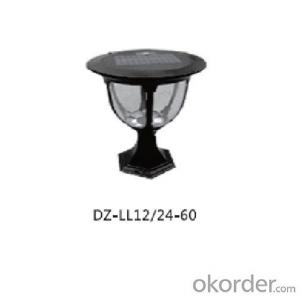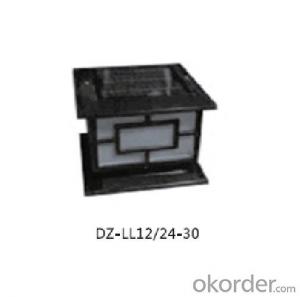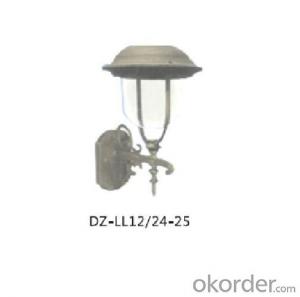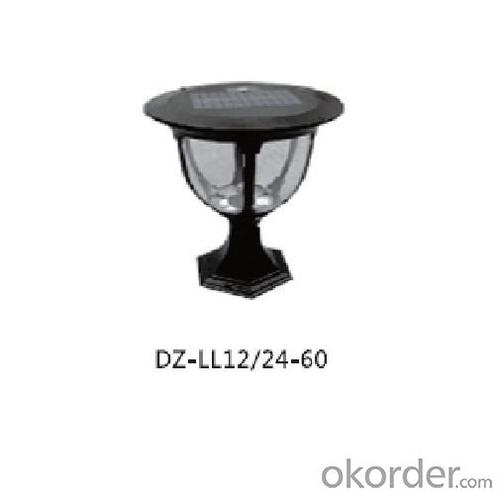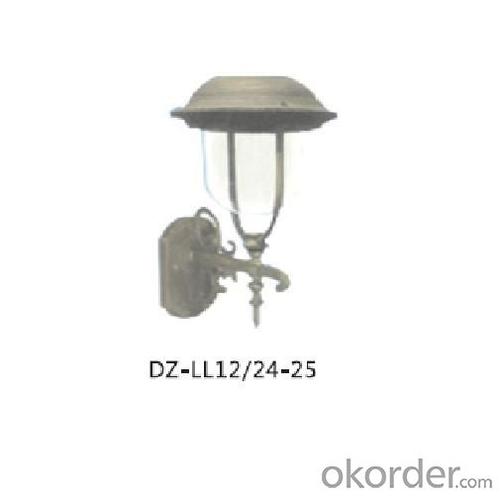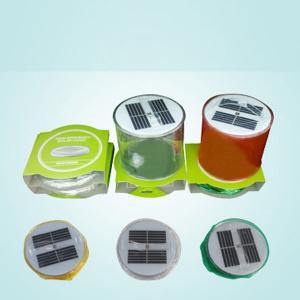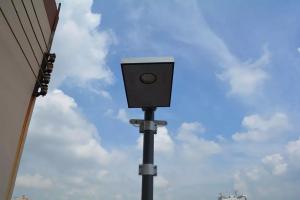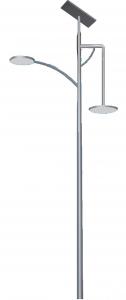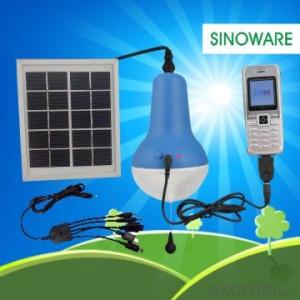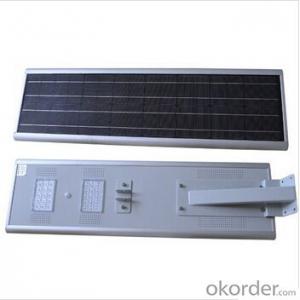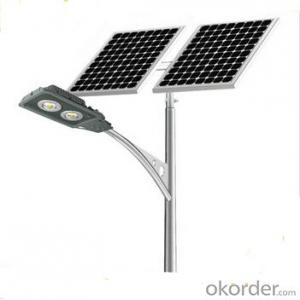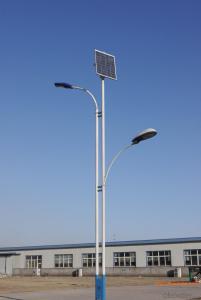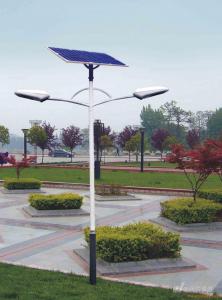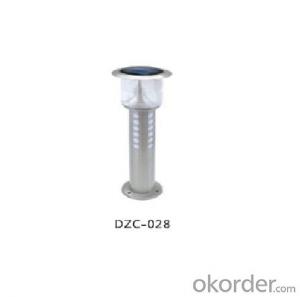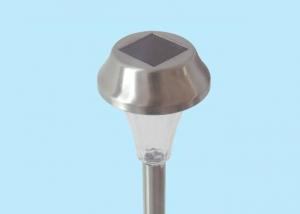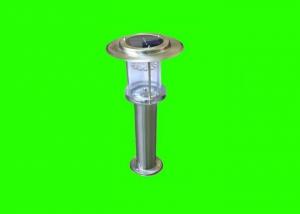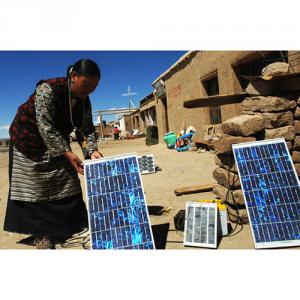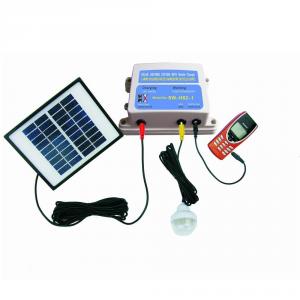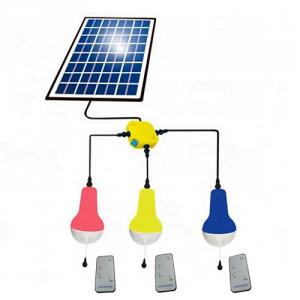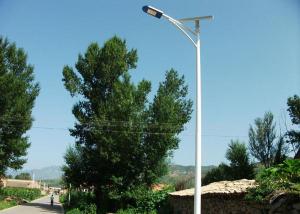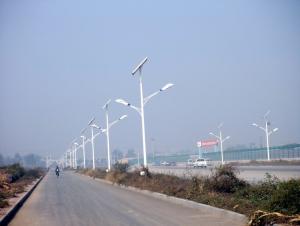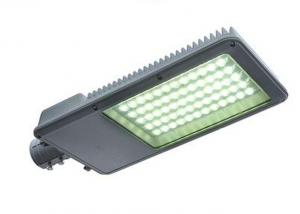Solar Light for Trees - Solar LED Lawn Light DZ-LL12/24-35
OKorder Service Pledge
OKorder Financial Service
You Might Also Like
LED Lawn light
futures:
Over 50,000Hrs mean time between failures(depends on environment).
Superior color rendering index up to 90,near daylight quality.
Lamp Luminous Efficiency up to 100lm/w.
what we can offer:
1.Your inquiry related to our products or prices will be replied immediately.
2. Professional service from well-trained and experienced staffs is customers’ best choice to secure good
communication, on time delivery, reliable warranty etc.
3. OEM is available for Anern Products.
FAQ
Q:Are you manufacture or trading company
A:we are group company with facotries.
Q:Required mainly certificated?
A:Our product are certified by CE RoHS,IEC,C-tick etc.
Q:Your mainly export market?
A:The main market of our product is South-east Asia,Mid east,Africa, east Europe and latin America
Q:your main product produced?
A:solar section:solar street light, LED section:LED street light
light source:LED light
surfce process: spray paint
light material:cast alumimium
solar panel:mono
light control:light+time
working time:more than 6 hours per day
rainy day:2~3days
environment termperature:﹣30℃~60℃
- Q: Are solar lights suitable for illuminating outdoor fountains or water features?
- Solar lights are a suitable option for illuminating outdoor fountains or water features. They offer several advantages for outdoor lighting, including easy installation, energy efficiency, and environmental friendliness. By harnessing solar power, these lights recharge their batteries during the day and automatically switch on at dusk. As a result, they can provide a stunning and ambient lighting effect for your water features without the need for electrical wiring or connection to the power grid. Furthermore, solar lights are specifically designed to withstand outdoor conditions, including exposure to water, making them an excellent choice for illuminating water features. With a wide variety of designs and styles available, you can easily find solar lights that complement the aesthetic of your fountains or water features, enhancing their beauty and creating a captivating display at night.
- Q: How do you troubleshoot solar lights that are not working?
- When troubleshooting solar lights that are not working, there are a few steps you can take. Firstly, check whether the solar panels are receiving direct sunlight as shade can affect their ability to charge. Clean the solar panels to ensure they are free from dust or debris, as this can also hinder their performance. Next, inspect the batteries and make sure they are properly connected and not corroded. Replace the batteries if necessary. Additionally, check the wiring connections to ensure they are secure and undamaged. If all else fails, contact the manufacturer or consult a professional for further assistance.
- Q: Can solar lights be used as landscape lighting?
- Yes, solar lights can be used as landscape lighting. They are a popular and environmentally friendly option for illuminating and enhancing outdoor spaces such as gardens, pathways, and patios. Solar lights harness sunlight during the day and use it to power LED bulbs at night, providing soft and ambient lighting. They are easy to install, require no wiring or electricity, and can be placed anywhere with access to sunlight.
- Q: How much do solar lights typically cost?
- The cost of solar lights can vary depending on factors such as quality, size, features, and brand. However, on average, solar lights can range from $20 to $100 per unit.
- Q: Are solar lights suitable for hiking or camping trails?
- Yes, solar lights are suitable for hiking or camping trails. They are lightweight, portable, and do not require any external power source. Solar lights can provide sufficient illumination during nighttime activities, ensuring safety and convenience on the trails. Additionally, their eco-friendly nature aligns with the principles of outdoor enthusiasts who value sustainability.
- Q: Can solar lights be used to light up a swimming pool or pond?
- Using solar lights is a great way to illuminate a swimming pool or pond. These lights are powered by the sun, which means they don't require electricity and can help reduce energy costs. Generally, solar lights have a solar panel that absorbs sunlight during the day and charges a built-in battery. Once the battery is fully charged, the lights automatically turn on at dusk and provide light throughout the night. There are different types of solar lights available, such as floating lights, stake lights, and wall-mounted lights, so they can be easily adapted to different pool and pond setups. Installing solar lights is a breeze and doesn't require professional assistance. Additionally, they are designed to withstand various weather conditions, making them durable for outdoor environments. Another advantage of solar lights is their eco-friendliness. They don't emit greenhouse gases, making them a sustainable choice for lighting up swimming pools or ponds.
- Q: What are the maintenance requirements for solar lights?
- The maintenance requirements for solar lights are generally minimal. They should be regularly cleaned to remove any dirt or debris that may obstruct the solar panel. Additionally, the battery may need to be replaced every few years to ensure optimal performance. Overall, solar lights are designed to be low-maintenance and require very little attention.
- Q: Can solar lights be used for lighting up outdoor gazebos or pergolas?
- Certainly, outdoor gazebos or pergolas can be effectively illuminated using solar lights. Solar lights offer a fantastic option for outdoor lighting due to their reliance on solar power, eliminating the need for electrical wiring or outlets. They boast easy installation and can be placed in any location that receives direct sunlight during the day. Solar lights for gazebos or pergolas are available in a variety of styles and designs, including string lights, spotlights, or lanterns, enabling you to achieve your desired ambiance in your outdoor space. These lights typically come equipped with built-in sensors that automatically activate them at dusk and deactivate them at dawn, providing a convenient lighting solution. Moreover, solar lights are energy-efficient and environmentally friendly, as they operate independently of electricity and contribute to reducing carbon footprints. Therefore, whether you wish to illuminate your gazebo or pergola for outdoor gatherings or simply create a cozy atmosphere, solar lights are an exceptional choice.
- Q: How do solar lights handle power grid failures?
- Solar lights are not connected to the power grid, so they are unaffected by power grid failures. They rely solely on the energy stored in their batteries, which is charged by the sun. Therefore, solar lights continue to function normally even during power outages.
- Q: Do solar lights have a built-in solar panel or detachable panels?
- Depending on the specific model and design, solar lights can be equipped with either a built-in solar panel or detachable panels. In the case of solar lights with a built-in solar panel, the panel is integrated into the light itself and cannot be separated. These lights are typically smaller and more compact, making them effortless to install and move around as needed. Contrastingly, there are solar lights available that come with detachable panels. These lights feature a separate solar panel that can be disconnected from the light and placed in a location where it can receive maximum sunlight exposure. The detachable panels are connected to the light through a cord or wire, allowing for flexibility in terms of placement and positioning. This characteristic proves particularly advantageous if you have an area with limited direct sunlight, as it allows you to place the light in a different location to ensure proper charging. Each type of solar light has its own set of pros and cons. Lights with built-in solar panels offer convenience and easy installation, whereas lights with detachable panels provide more flexibility in terms of positioning the solar panel for optimal sunlight exposure. Ultimately, the choice between the two types depends on your specific needs and preferences.
Send your message to us
Solar Light for Trees - Solar LED Lawn Light DZ-LL12/24-35
OKorder Service Pledge
OKorder Financial Service
Similar products
Hot products
Hot Searches
Related keywords
